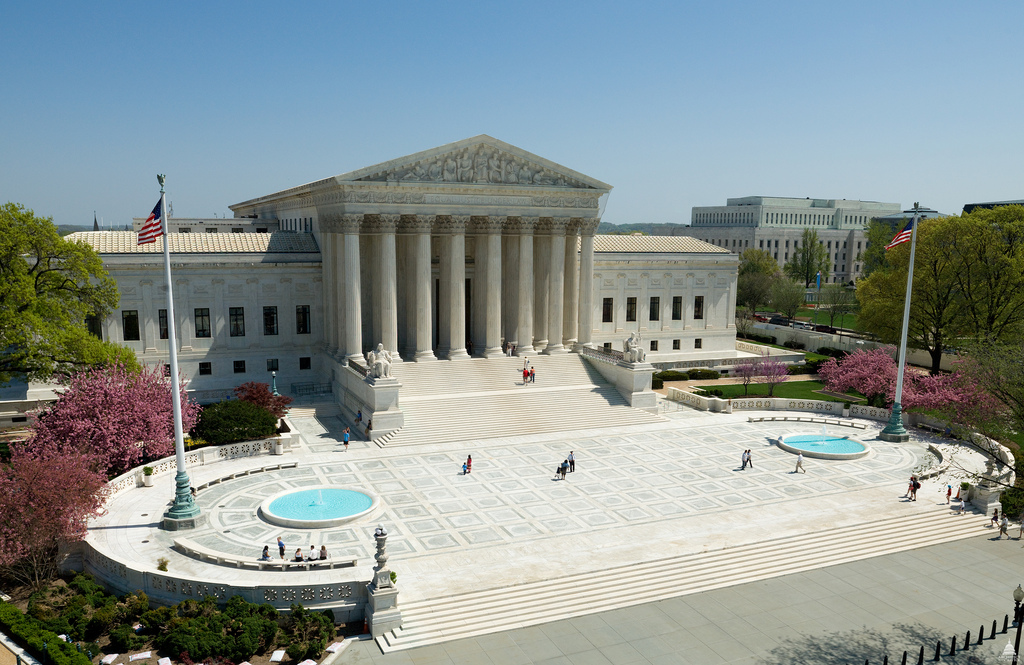WASHINGTON — Siding with a small-time drug offender in Indiana whose $42,000 Land Rover was seized by law enforcement officials, the Supreme Court on Wednesday ruled that the Constitution places limits on civil forfeiture laws that allow states and localities to take and keep private property used to commit crimes.
Civil forfeiture is a popular way to raise revenue, and its use has been the subject of widespread criticism across the political spectrum.
The SCOTUS has ruled that the Eighth Amendment, which bars “excessive fines,” limits the ability of the federal government to seize property. On Wednesday, the court ruled that the clause also applies to the states.
Previously, the Supreme Court had not really addressed that question. It had addressed the status of the Excessive Fines Clause, but only in the context of the federal government.
The court had, however, previously ruled that most protections under the Bill of Rights apply to the states — or were incorporated against them, in the legal jargon — under the 14th Amendment.
Justice Ruth Bader Ginsburg, writing for eight justices, said the question was an easy one. “The historical and logical case for concluding that the 14th Amendment incorporates the Excessive Fines Clause is overwhelming,” she wrote.
“For good reason, the protection against excessive fines has been a constant shield throughout Anglo-American history: Exorbitant tolls undermine other constitutional liberties,” she wrote. “Excessive fines can be used, for example, to retaliate against or chill the speech of political enemies.”










